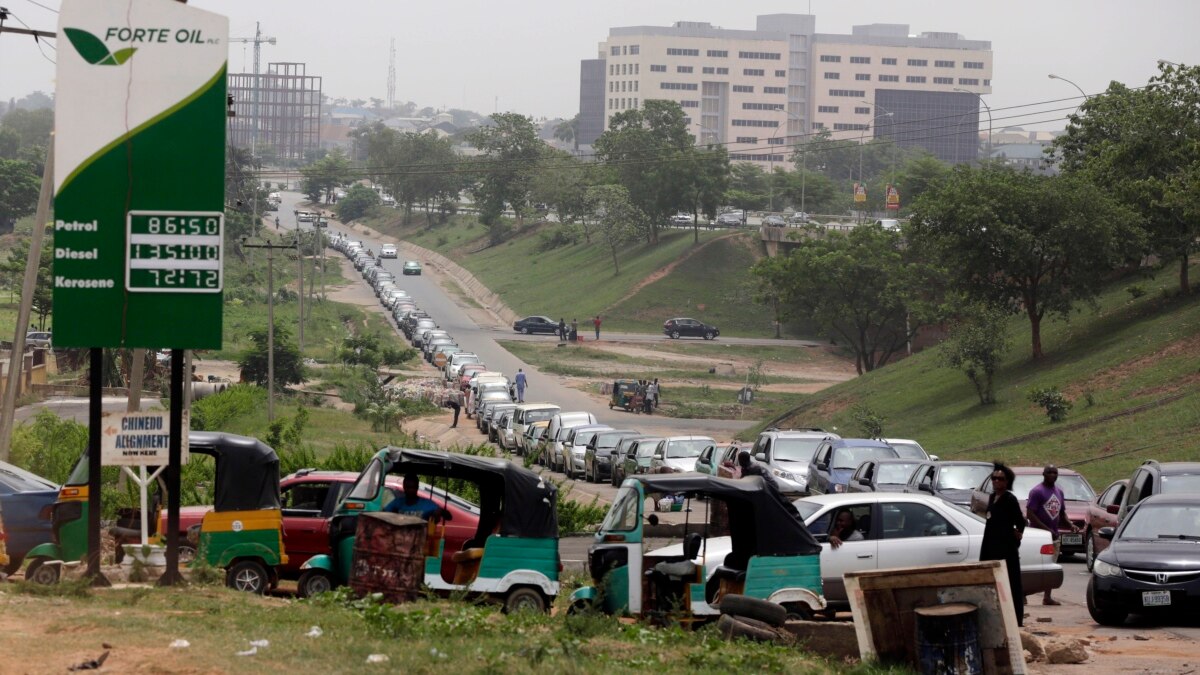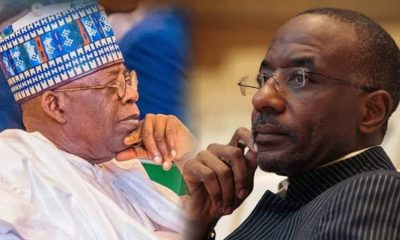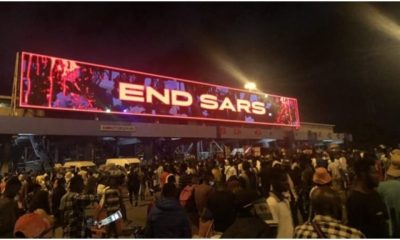General News
Despite assurances, Petrol queues worsen in Lagos, Abuja

• Worse days ahead, stakeholders fear
• PPMC agreed to supply products to us directly, say, marketers
• NARTO warns members against smuggling
• NMDPRA, IPMAN move to steady PMS price at N165 per litre
Despite assurances of supply and continuous provision of service, scarcity of Premium Motor Spirit (PMS) has failed to abate in major cities in the country, especially in Lagos State and the Federal Capital Territory (FCT), as motorists and businesses count losses.
This is coming despite the agreement reached between Petroleum Pipeline Marketing Company (PPMC) and retailers of PMS for direct supply of the product to fuel stations in strategic locations in the country, especially Lagos and Abuja.
Though most stakeholders and marketers insisted, yesterday, that the worst days are ahead for the energy crisis in the country, the Midstream and Downstream Petroleum Regulatory Authority (NMDPRA) and Independent Petroleum Marketers Association of Nigerian (IPMAN) dispelled such notion, saying an agreement had been reached to ensure petrol is sold at the approved N165 per litre price.
Across the highbrow areas of Abuja, including the headquarters of the Nigerian National Petroleum Company Limited (NNPC), black marketers are smiling to the bank, selling a litre of petrol for between N350 to N500.
In Lagos, the queues are longer at stations where the product is being sold at N165 per litre, while stations, mostly those belonging to independent marketers, witness lesser queues, as the product is sold at N180 and above.
There are, however, concerns over the growing smuggling of petrol into neighbouring countries, as the Nigerian Association of Road Transport Owners (NARTO) warned that members engaging in the act would be prosecuted.
The President, of Petroleum Products Retail Outlets Owners Association of Nigeria, Billy Gillis-Harry, said a meeting with PPMC has led to the direct supply of PMS to retail outlets in some key locations in the country with strict joint monitoring that would ensure that the product is not diverted.
At that, Gillis-Harry said the only sustainable solution to the growing fuel crisis in the country is for the Federal Government to allow full deregulation of the downstream segment of the petroleum industry.
He said the queues lingered because marketers had to source products from private depots at prices that are not sustainable, adding that the product should not be selling below N600 per litre if market realities were allowed.
According to him, it now takes over N9 million to take delivery of a 45,000-litre truck, adding that the cost of diesel to transport the product as well as operate the stations is no longer sustainable.
“As a country, we do not have any other option than to deregulate. We can’t sustain the current situation, especially when you look at the difference between the landing cost and the pump price. The bridging rate has just been reviewed upward. That happened without an increase in the price of the products. That additional cost is coming from somewhere,” Gillis-Harry said.
At separate meetings with IPMAN Northern and Southwest branches, the Authority Chief Executive (ACE), Ahmed Farouk, said both organisations are working towards settling the outstanding bridging costs.
While welcoming the association as critical stakeholders in the energy sector, Farouk assured of the Authority’s support in the distribution of petroleum products to all parts of the country.
The ACE expressed concern about the rise in petroleum product theft and pipeline vandalism, especially line 2B, which services Mosimi, Ibadan and Ilorin depots, leading to revenue loss for the government.
He urged Southwest IPMAN to assist in checkmating the unscrupulous act as they have done in the past. He also revealed that the Authority had received complaints of private petroleum depots selling PMS above the approved price, thereby, disrupting the value chain and leading to higher pricing in some areas.
He called on the Association to report any depot selling products to its members, above the approved ex-depot price.
The Authority assured the association of its commitment to ensuring product availability and sustainability of the industry.
In his remarks, the Zonal Chairman, IPMAN Southwest, Dele Tajudeen Lamidi, said the purpose of the visit was to seek collaboration and support the Authority, in line with the Petroleum Industry Act (PIA 2021).
The zonal chairman identified product sharing, rise in penalties, difficulty in getting tax clearance, and high cost of doing business in the country as challenges confronting their members.
He pledged to the Authority and Nigerians that despite all the challenges, it has resolved not to embark on any industrial action as a conflict resolution technique.
















![Celine Dion performs at 2024 Paris Olympics amid health battle [VIDEO]](https://naijagazette.com/wp-content/uploads/2024/07/Celine-Dion-performs-at-2024-Paris-Olympics-amid-health-battle-80x80.jpg)







